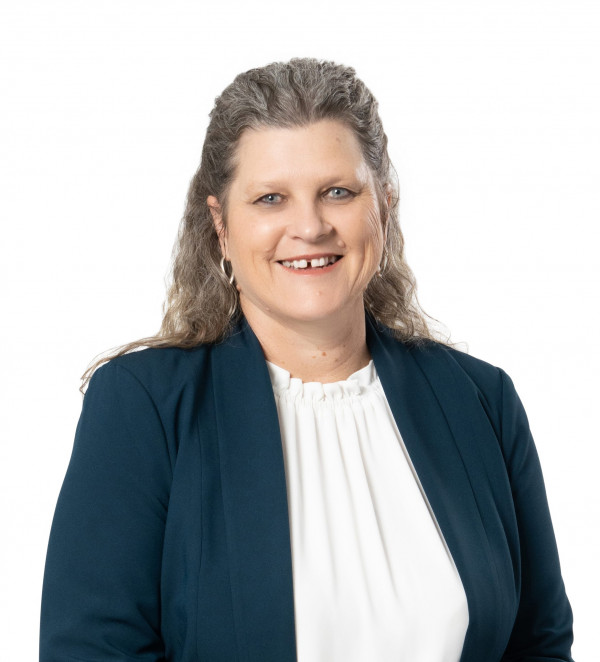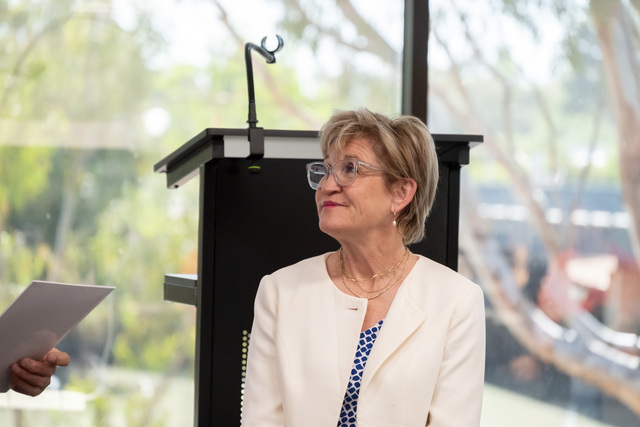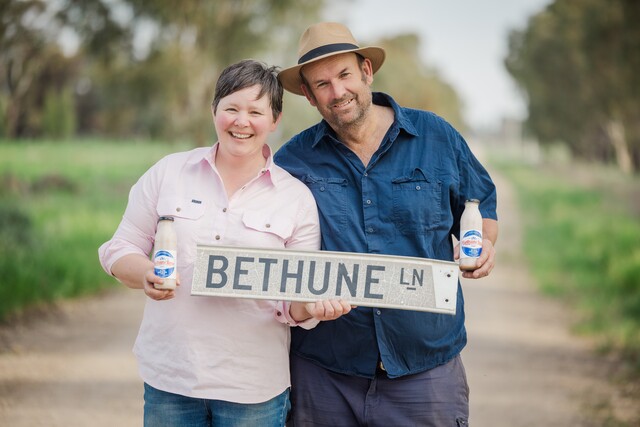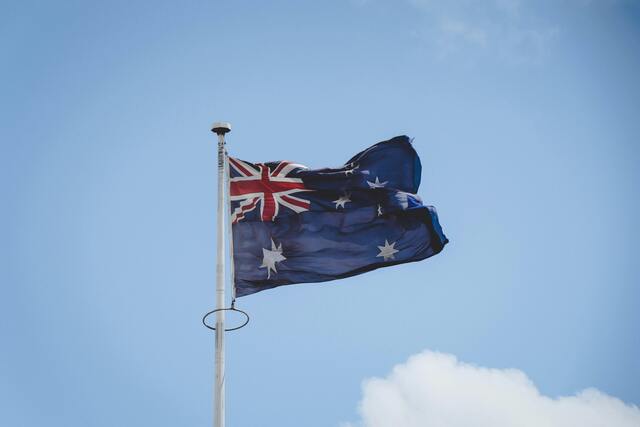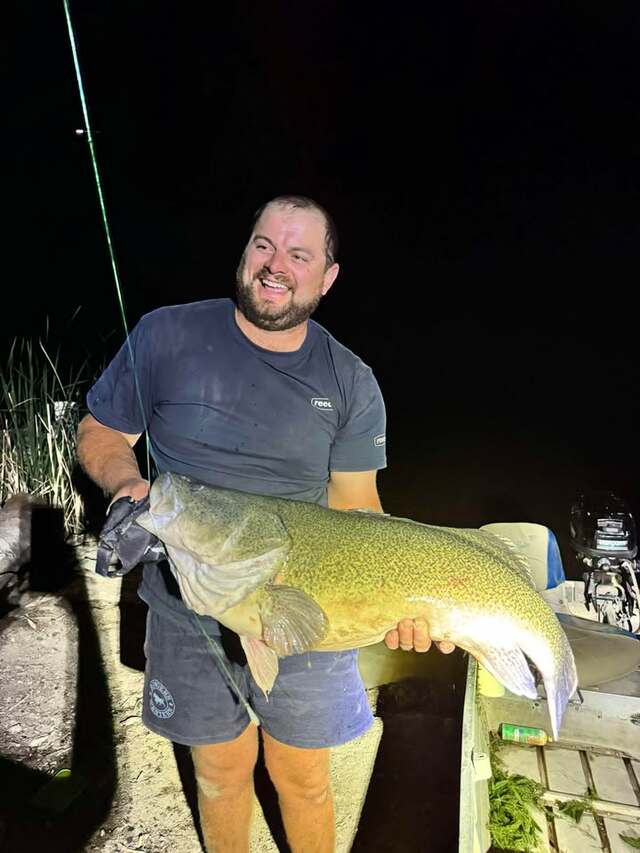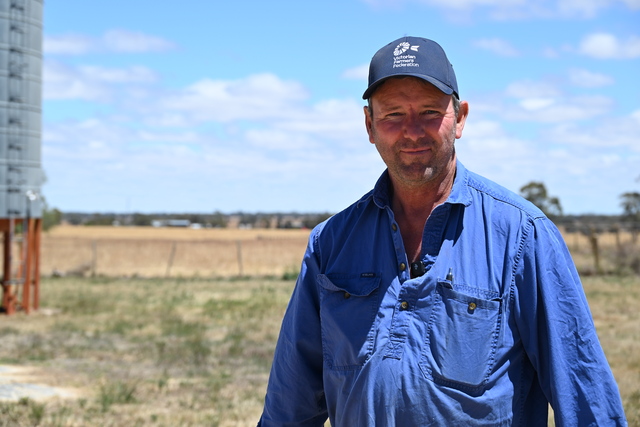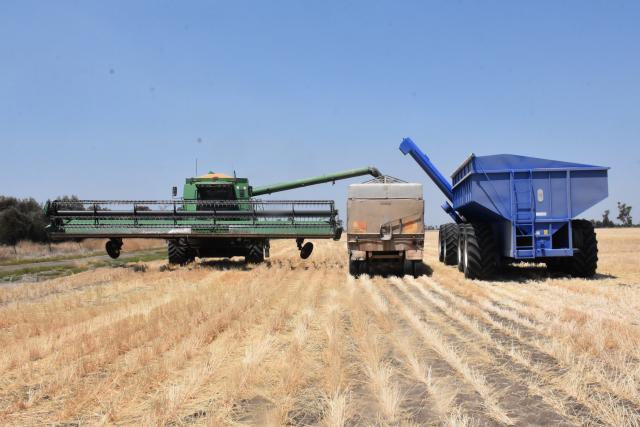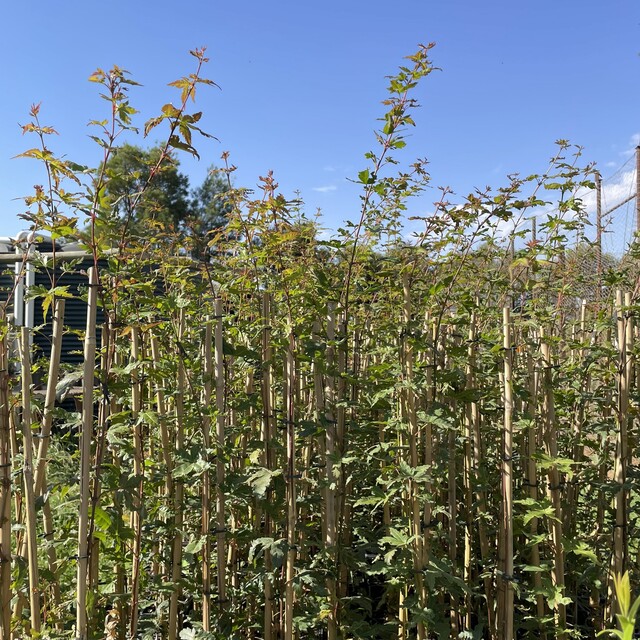MORE work needs to be done to ensure communities can access primary health care providers when they need to, according to Murrumbidgee Primary Health Network acting chief executive Narelle Mills.
Ms Mills and senior advisor of policy, strategy and innovation Melissa Neal last week appeared before the Special Commission of Inquiry into Healthcare Funding in Wagga Wagga.
The Murrumbidgee Local Health District covers the NSW border to Tooleybuc in the west.
Ms Mills said the primary health network had a role in improving co-ordination of care, commissioning primary care services to meet local health needs and supporting capacity-building to ensure a sustainable workforce.
“Our strong partnership with MLHD, which is formalised through a collaborative agreement at the board level, enables us to strengthen service delivery in the region and move towards a one-health-system approach,” she said.
Workforce challenges in the region were also highlighted.
“While we recognise emergency departments can become the default primary care provider in regional and rural areas due to limited or no access to general practitioners, more work needs to be done to ensure communities can access primary health care providers when they need to,” Ms Mills said.
“The delivery of general practice and primary care related services through state funding should only be considered where there is market failure, with a focus on restoring services to community to avoid impacting the sustainability of local general practice.”
Ms Mills discussed with the inquiry the importance of timely communication between the hospital and a person’s GP after a stay in hospital, to ensure appropriate follow-up by the primary care team.
“Data shows that patients who visit their GP within two days of discharge results in 32 per cent fewer readmissions within the first week, and a visit in the first four weeks results in seven per cent fewer readmissions within 28 days,” she said.
Ms Neal said there were other opportunities to be innovative and partner.
“The siloed nature of health-care funding between acute and primary health care settings, and federal and state funding responsibilities, becomes more evident and relevant in regional areas,” Ms Neal said.
“Joint funding opportunities help avoid service duplication and optimise use of resources where possible to ensure regional needs are met.
“There are opportunities to strengthen regional planning approaches through joint needs assessments and planning, and MPHN and MLHD are progressing the development of a joint regional planning framework for the Murrumbidgee region.”
The inquiry will examine the existing governance and accountability structure of NSW Health, the way NSW Health funds services delivered in public hospitals and community settings, and strategies available to address escalating costs, limit wastage and identify areas of improvement in financial management.

